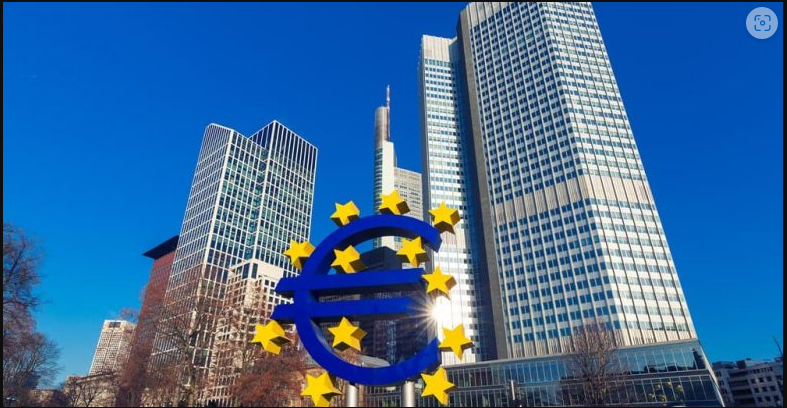Even though the crypto sector is focused on MiCA and Transfer of Funds regulations, there is a component of the EU AML complete suite that will have a big impact on the financial organizations. There is presently a possibility that the EU may establish a separate AML monitor for the crypto sector.
The European Council, Commission, and Parliament Will Meet to Discuss AMLD6
The European Council, like the European Commission, submitted their proposal for the 6th Directive AMLD6 in July. Following the current vacation, the European Parliament (EP) will debate both measures.
Following the publishing of the EP’s version, the three sectors will convene for trilogue negotiations. One key component of the legislation is the establishment of an AML supervisor in the EU (Anti-Money Laundering).
Although the three groups would talk, it is unlikely that they would concur on the creation of such a monitor. It would also oversee the activities of the EU’s crypto industry.
Previously, the EP has been the most aggressive in terms of crypto regulation. As a result, the agency may not object to granting the upcoming agency regulatory jurisdiction over bitcoin.
The new body, known as the AMLA (Anti-Money Laundering Agency), will be in charge of high-risk bitcoin sites. Also according to the European Council and European Commission’s version of the legislation.
The new body is described as follows in a legislative meeting posted by The Block:
“The supervision would use a spoke model with a continental hub.” It would have the authority to directly monitor the majority of banking firms. It would also wield indirect power over other financial institutions as well as the non-financial sector.”
[rb_related title=”More Read” style=”light” total=”4″]
The EU is developing a unified crypto regulatory regime.
This would be a fantastic move for the EU. The AML regulations issued in 2015 and 2018, particularly Directives 4 and 5, establish the norms for member countries to collect and publish specific information. Beneficial ownership of organizations is one of them.
These registries are a great example of how the recommendations have been applied differently. Even among states that allow free access to company data the amount of data available differs substantially.
AMLD5 urges member countries to treat bitcoin dealers like financial institutions. It was up to the countries, though, to carry it out. Despite the fact that EU organizations have legal choices, general disclosure requirements do not result in the formation of a single entity.
According to Tomasz Krawczyk, an advocate who participated in AMLD4 discussions, any member states that does not adequately execute the law will be taken before the EU’s Court of Justice. As a result, they are attempting to develop a common rule across the EU to hold nations accountable.
The adoption timeline will be determined by talks between the EP and the subsequent trilogues. The regulation’s implementation might take many years. It would also take time to hire personnel for the AMLA.











Leave a Reply